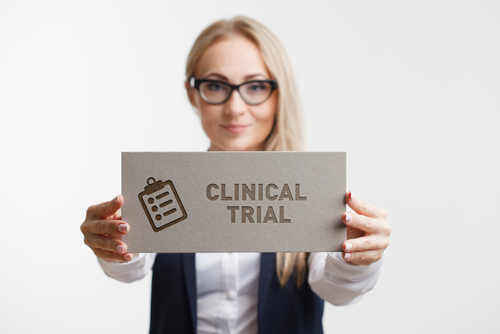Adagene soon will initiate a Phase 1 clinical trial testing its lead product, ADG-106, in patients who have advanced solid tumors and non-Hodgkin’s lymphoma, the company announced.
This follows the U.S. Food and Drug Administration’s approval of Adagene’s investigational new drug (IND) application for the immunotherapy. The trial is expected to begin during the second half later this year.
Adagene also is planning to submit IND applications to advance ADG-106 into clinical testing in Australia and China, the company said on its website.
“We look forward to starting our clinical trial in the United States soon,” Peter Luo, CEO and co-founder of Adagene, said in a press release.
ADG-106 is a modified antibody that activates the CD137 receptor, which is found in key subsets of immune cells (T-cells and natural killer cells). By binding and activating the receptor, ADG-106 sends a stimulatory signal that increases the proliferation and activity of these immune cells, improving cancer fighting.
While other antibodies against CD137 already have reached clinical trials, their safety profile was somewhat discouraging, with some patients experiencing liver toxicity.
But ADG-106 targets CD137 in a distinct manner, which supports its excellent safety profile, even at very high doses. The new compound also is better at fighting cancer than other CD137 antibodies.
Consistent with its efficacy, studies in the laboratory have shown that ADG-106 strongly activates CD137, promoting T-cell proliferation and the production of key inflammatory molecules, or cytokines.
In mice and monkeys, the antibody triggered durable anti-cancer responses across several cancer types, while showing a positive toxicity profile, with no liver inflammation or other adverse effects.
“ADG-106 is targeting a different epitope of CD137 compared with the other two therapeutic antibodies against this target in early clinical trials,” said Luo, referring to this study. “ADG-106 is the only monoclonal antibody against this target that has demonstrated potent single agent efficacy in multiple tumor models with intact immune system and work in synergy with other therapeutics, while maintaining an excellent safety profile at extremely high dose.”
The findings were presented in 2017 at the American Society of Clinical Oncology (ASCO) annual meeting. The poster was titled “During preclinical studies ADG-106 showed a positive toxicity profile, with no liver inflammation or other adverse effects being reported in the different animal models used.”


